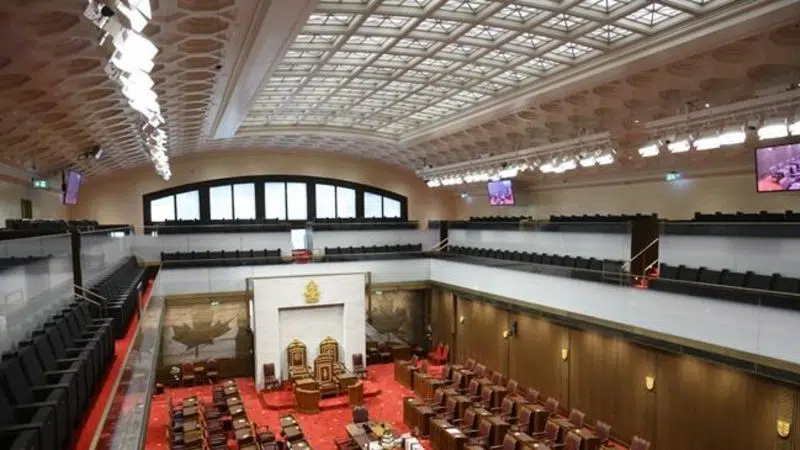
Shuffle in Senate as Dagenais quits Tories, Downe exits new Liberal group
OTTAWA — Ongoing efforts by senators to distance themselves from party politics took another turn Monday as a Conservative senator quit his caucus over concerns about the party’s leader, and an attempt by the last senators sitting as Liberals to officially rebrand themselves ended.
A decision by Prince Edward Island Sen. Percy Downe to leave the renamed Progressive Senate Group in favour of another independent group left the progressives without the nine members required for official status.
The group had been set up just last week, and Sen. Joseph Day, who had been serving as interim leader, said they intend to continue working as a unit even without the funding and resources that come with official status.
“I can assure you the Progressive group has not disbanded,” he said in an interview.


